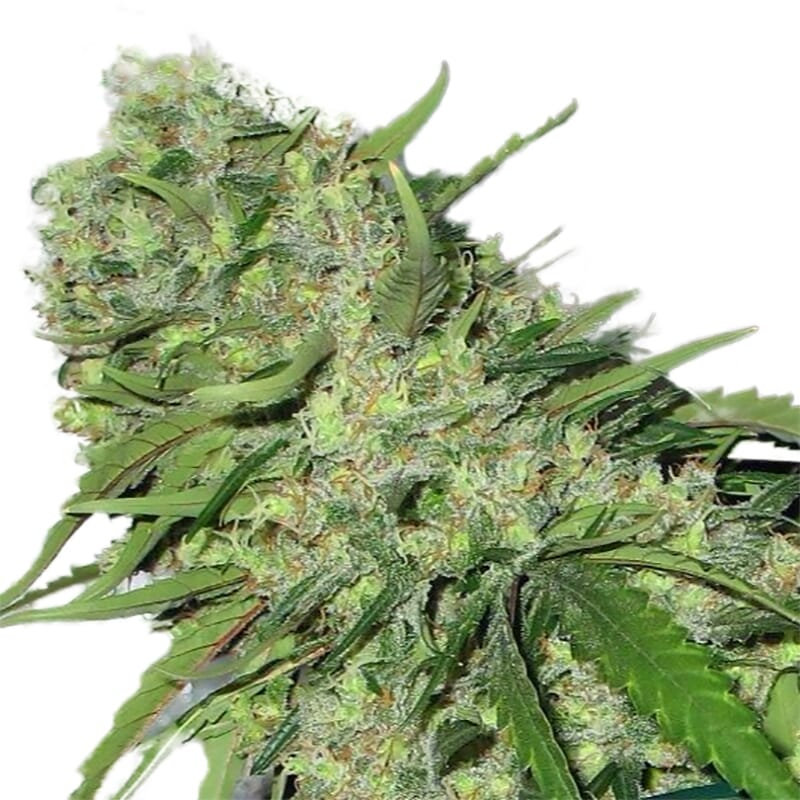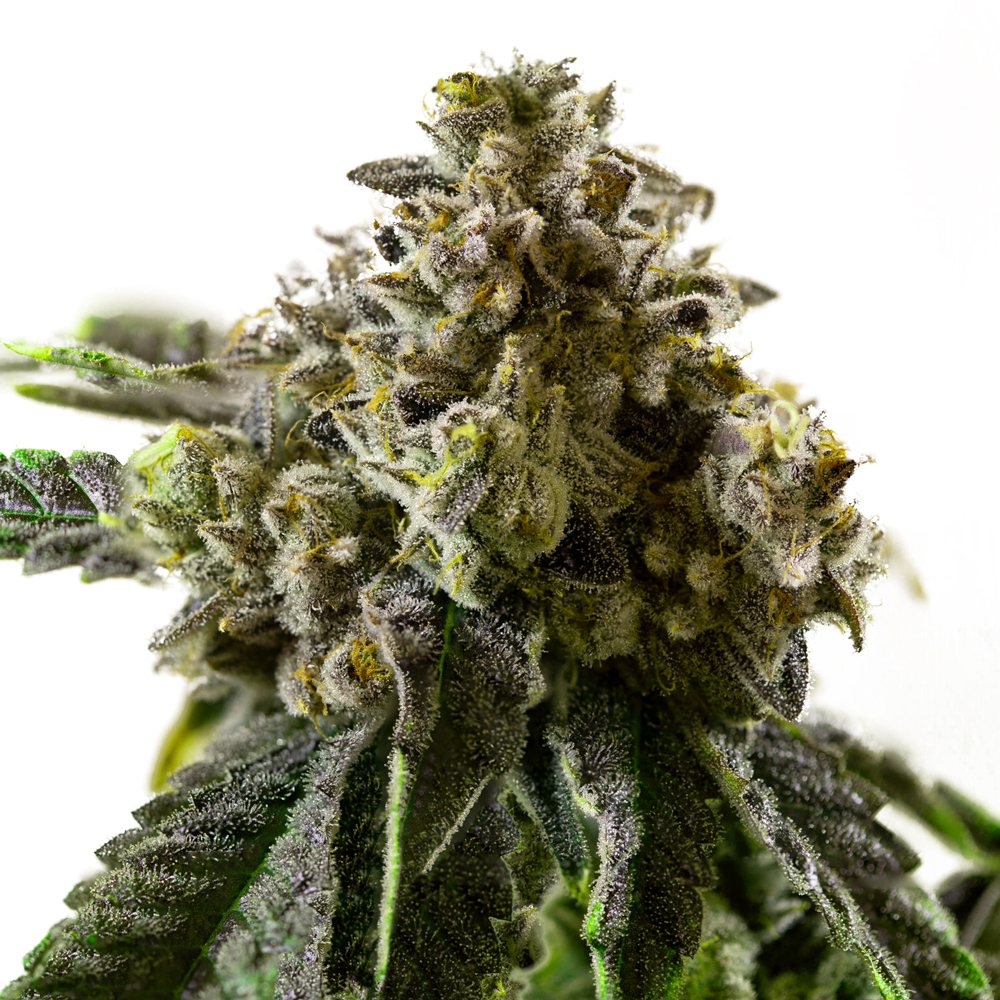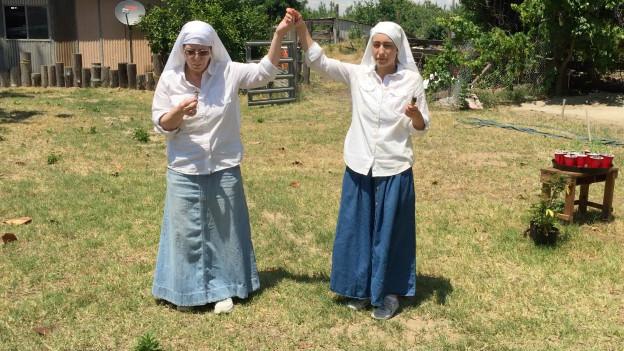In a surprising turn of events, the city of Indianapolis has officially recognized the Church of Cannabis as a legitimate religious institution. This groundbreaking decision has granted them a remarkable feat: tax exemption. Despite the fact, that marijuana remains illegal in the state of Indiana, the Church of Cannabis has found a way to circumvent the law by operating under the protection of the recently-approved, Religious Freedom Restoration Act. This act ensures that the interests of religious freedom are safeguarded, allowing unconventional practices to find legal footing.
The First Church of Cannabis – Religious Freedom and Cannabis Culture
The inaugural gathering of the Church of Cannabis is scheduled to take place on July 1, 2015, which coincides with the implementation of the Indiana Religious Freedom Restoration Act. This significant date marks the beginning of a new era for this unique religious movement. The core tenet of the Church of Cannabis revolves around fostering love, understanding, and compassion for all individuals. It aims to create a vibrant community that embraces the use of cannabis as a sacrament.
At the helm of this visionary movement is Bill Levin, the founder of the Church of Cannabis. Levin envisions a church that goes beyond traditional boundaries, incorporating a canna choir and a band to add a creative and spiritual dimension to its gatherings. While the Church of Cannabis has expressed intentions to cultivate hemp, it firmly states that it will neither buy nor sell marijuana. However, smoking is expected to be permitted within the church premises, further solidifying the unique nature of this religious institution.
Looking to the future, followers of Hail Mary Jane hold hope that 4/20, a significant date in cannabis culture, could potentially evolve into an officially recognized religious holiday. This would be a remarkable development, allowing individuals to celebrate and partake in the consumption of cannabis as an act of spiritual devotion. However, such a transformation would undoubtedly raise further questions and debates about the intersection of religious freedom, personal beliefs, and the legal landscape surrounding controlled substances.
A Unique Case of Tax Exemption
The recognition of the Church of Cannabis as a legitimate religious institution, coupled with its granted tax exemption, invites intriguing discussions about the boundaries of religious freedom and its impact on existing regulations. While some view this as a step toward greater acceptance and tolerance, others may see it as a challenge to established norms and laws. Regardless of one’s stance on the matter, the emergence of the Church of Cannabis serves as a thought-provoking example of how societal attitudes towards marijuana and alternative religious practices are evolving.
As the Church of Cannabis embarks on its journey as a recognized religious institution, time will reveal how it navigates the complex terrain of religious rights and legal considerations. This unconventional church stands as a symbol of the diverse and ever-changing landscape of religious expression, challenging conventional norms and sparking important conversations about the role of personal beliefs in our society. It prompts us to reflect on the boundaries of religious freedom, the evolving perceptions of cannabis, and the delicate balance between personal conviction and societal regulations.
In conclusion, the recognition of the Church of Cannabis as a legitimate religious institution and its subsequent tax exemption is a groundbreaking development that raises important questions and discussions about religious freedom, personal beliefs, and the legal landscape surrounding controlled substances. It represents a significant shift in societal attitudes towards marijuana and alternative religious practices. As the Church of Cannabis paves the way for a new era of religious expression, we are reminded of the ongoing evolution of our society and the need to continually examine and reevaluate the boundaries of personal beliefs and legal frameworks.














